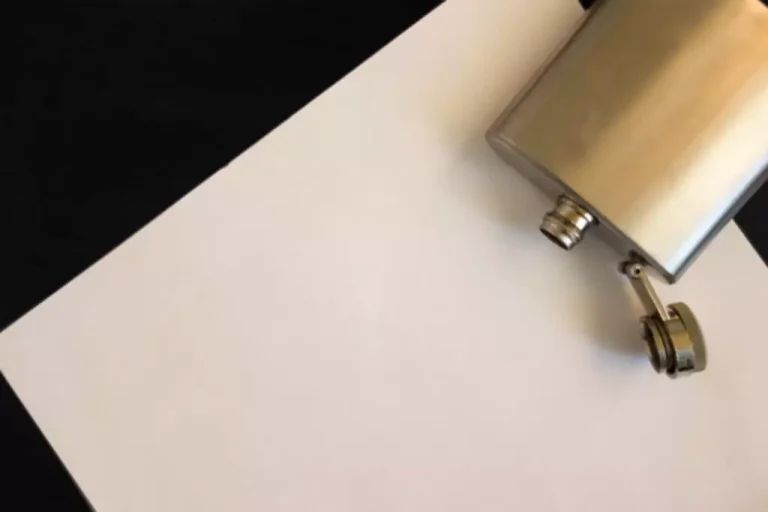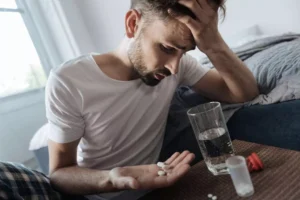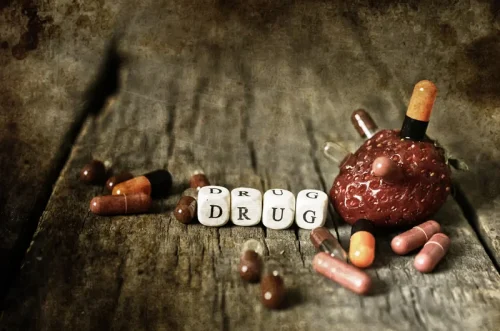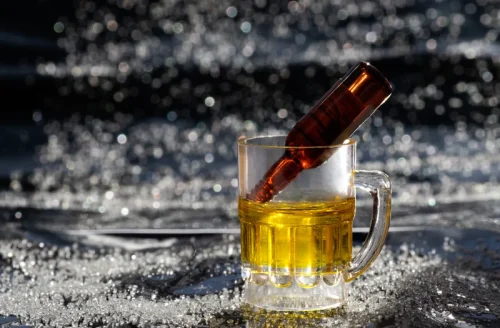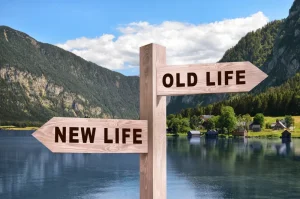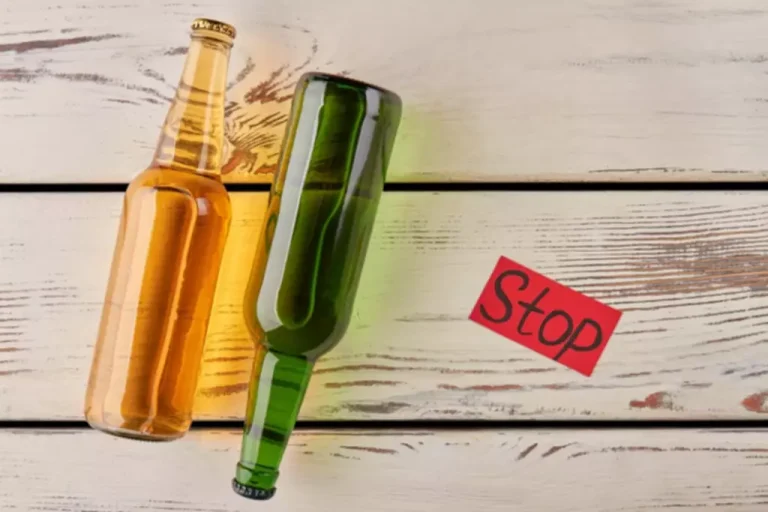
If you are concerned about employees you supervise, you may want to work with other management to implement new policies. Drinking after work may seem innocent enough but this can lead to more severe problems down the road if you or a loved one is not careful. When it comes to getting proper help for addiction, North Jersey Recovery Center is the recommended choice. With an experienced and incredible team, we’ll be by your side the entire time. Don’t wait for things to get worse, give us a call today to get started on the journey towards a better life.
‘From the river to the sea’ posts don’t glorify Hamas, says Facebook oversight board

Cisterns can be contaminated by floodwater if not properly sealed at the top or if floodwater enters through openings, vents, or cracks. He spoke briefly to say he understood the charges and would be hiring his own attorney. “Johnny and Matt were incredible hockey players and students, but even more amazing human beings,” Gloucester Catholic High School Principal Thomas Iacovone Jr. said in a statement. “Their loss will be felt forever by the entire Gloucester Catholic community and by me personally. I will continue to pray for them and their families during this unimaginable tragedy.”
How to Control Drinking After Work
“Alcohol consumption post-exercise can also introduce additional swelling into your tissues, since it opens up blood vessels. It can make an injury worse by encouraging swelling at the injury site. This occurs by inhibiting the functions of hormones that usually aid this recovery process, such as testosterone,” she goes on to say. If you’re nursing an injury, Brodell says alcohol could also be detrimental. While there aren’t really any benefits to drinking after a workout, if you do have an adult beverage, choose wisely. One study found that even when alcohol is consumed with protein after exercise, MPS is reduced by up to 37%.
After-Work Drinking: Definitions, Prevalence, and Social Dynamics
For many people, finding time to work out means exercising during their leisure time after a busy day. When juggling work commitments and family responsibilities, it makes sense drinking after work that many people consider capping off a trip to the gym with an alcoholic beverage. “After a few months, the brain will begin to return to health,” says Dr. Abramowitz.
- Both lifestyle risk factors and health conditions influence employee absenteeism.
- Inform the employee about the company’s Employee Assistance Program (EAP).
- When it comes to drinking after your workday has ended, it’s important to be aware and focused on how much you’re drinking.
- The Centers for Disease Control and Prevention (CDC) emphasizes the importance of supporting mental health to directly impact substance use among adolescents.
Suggest Sober Activities
Companies should instead suggest activities that encourage camaraderie among coworkers, leading to a healthier and stronger bonding experience and lessening the risk of repercussions brought on by after-work drinks. Employees who may be in recovery or simply choose not to drink might feel uncomfortable in an environment where alcohol is abundant. Even worse, those same employees may feel pressured to attend such an event out of fear of repercussions, being ostracized from further events, or being viewed differently by peers. Activities such as escape rooms or themed dinners will be much more inviting and accessible to all employees. You may find yourself pouring a drink after work because work is very stressful for many people regardless of the occupation. Yes, alcohol may seem like an easy way to relax but it is certainly not the best way.

Flooding following heavy rainfall or rapid snow thaws can significantly impact water quality in private water systems, such as wells, springs, or cisterns. Floodwaters often carry a mix of pollutants, including bacteria, viruses, and other chemicals from various sources, including sewage, farms, household chemicals, industrial waste, etc. If you recognise signs https://ecosoberhouse.com/ of dependence within yourself, she advises raising your concerns with your GP – and cautions against an immediate hard stop. Drinking ‘responsibly’ also means living within your weekly 14-unit allowance, the threshold the NHS recommends for limiting alcohol’s health risks. That equates to a bottle and a half of wine or six pints, or eight gin and tonics.

As the gender gap in drinking has closed over the decades, it’s become increasingly clear that women suffer the physiological consequences of drinking at lower consumption, and more quickly, than men. By the end of October 2021, over a fifth of UK adults were drinking to harmful levels, according to government research, driven by people consuming more in their own homes. Research published in the journal Addictive Behaviors noted that women were more likely than men to drink to cope with lingering stress of the pandemic. She doesn’t consider herself reliant on booze – in fact, she can go days, weeks, months without it – but unscrewing a bottle of white after a challenging day does help take the edge off the burden of responsibility she feels.
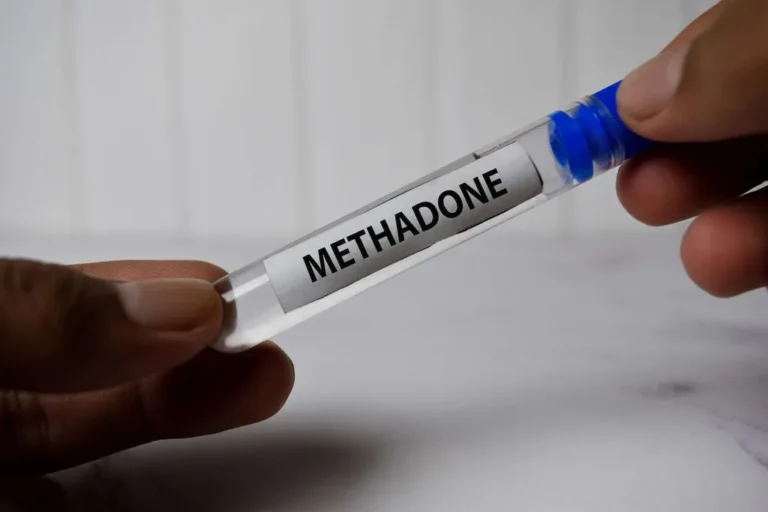
Some worksites and careers have a culture or subculture of alcohol use, where alcohol consumption at work is a norm and accountability for responsible drinking is low. These workplaces range from bartenders to executives discussing business over drinks. If you encounter a coworker drinking at work, let them know that you will support them unconditionally should they pursue sobriety, but state clearly that you will not protect them from the ramifications of their actions at work. If you are concerned that confronting your coworker, even with respect, will be offensive or confrontational, it is best to speak to a supervisor or human resources employee.

